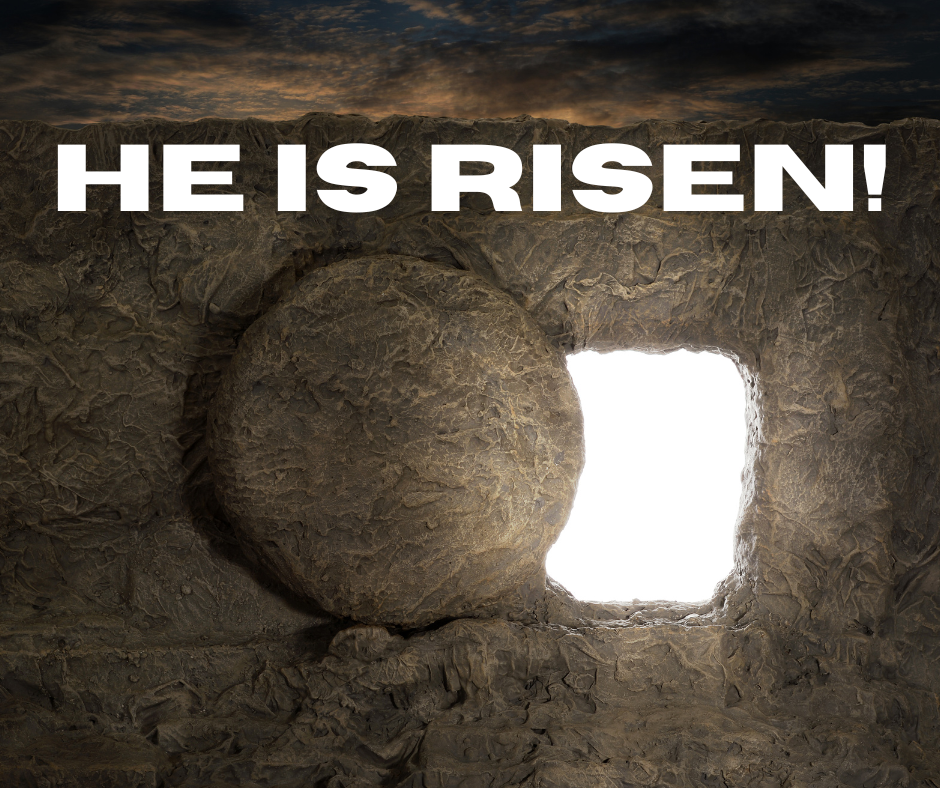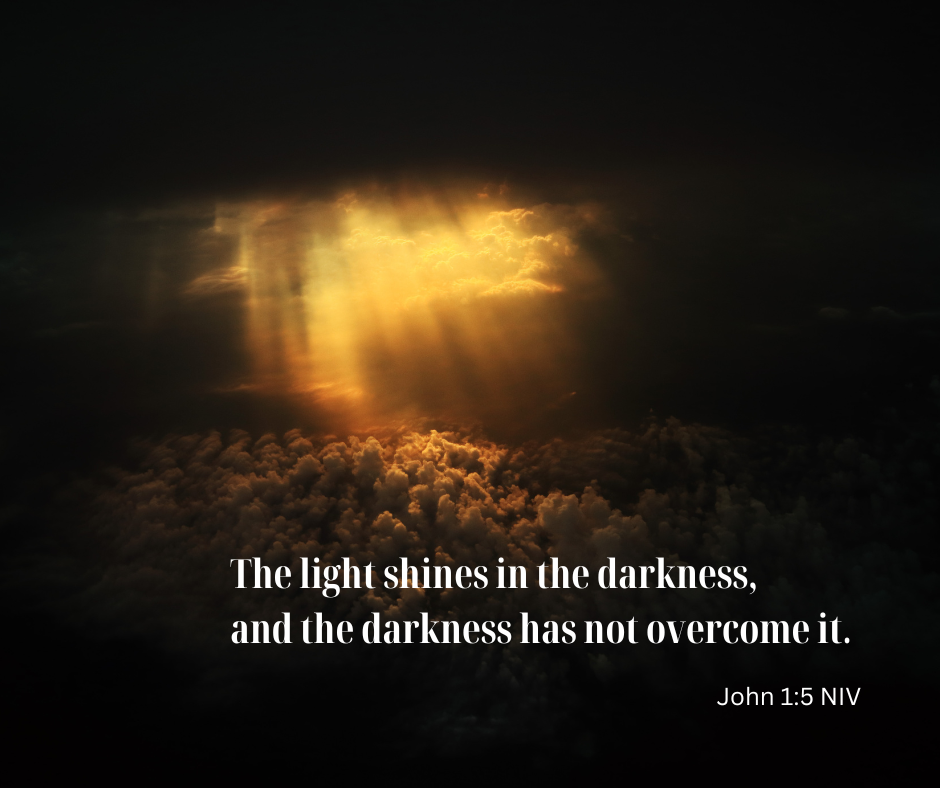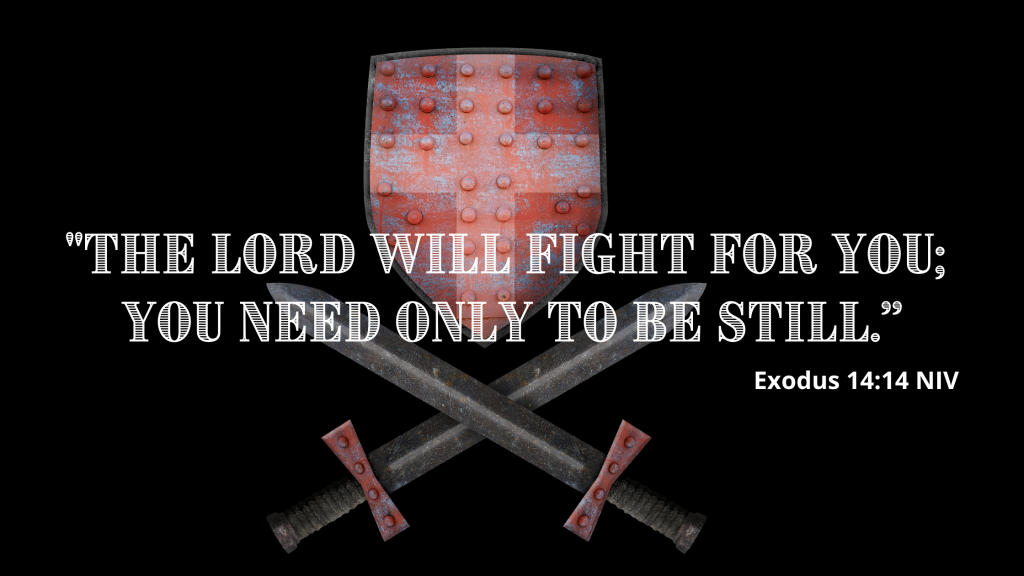
“He is risen!”
“He is risen indeed!”
For centuries, this has been the traditional greeting between Christians on Easter Sunday. It’s a greeting used in many Easter church services, with the priest or pastor saying, “He is risen!” and the congregation responding “He is risen indeed!” In some church services, congregants may use a Greek or Latin version of these phrases. For example, in the Eastern Orthodox church, the priest will say, “Christos Anesti!” (“Christ is Risen!”) to which the people respond, “Alithos Anesti!” (“Truly, He is risen!”). Roman Catholic priests may say the Latin, “Christus resurrexit!” with the people responding, “Vere resurrexit!”
No matter what the language is, the greeting points to the fact that, over 2,000 years ago, after giving his life for us on a Roman cross, Jesus Christ, the Son of God, the Messiah, the Savior of the world, rose from the grave, never to die again. Death was defeated. No longer do we need to fear death because, thanks to Jesus, although we will one day experience death, we will live. Jesus himself gave us this promise when he said, “I am the resurrection and the life. The one who believes in me will live, even though they die; and whoever lives by believing in me will never die.” (John 11:25-26 NIV)
Because Jesus rose from the dead and conquered the grave, death has lost its sting. 1 Corinthians 15:56 tells us “The sting of death is sin…” When Jesus died and rose again, that sting was removed. When we believe in Jesus, when we turn from our sins and follow him, we will no longer be judged by God according to our sins; instead, thanks to Jesus, we have been made right with God and we can stand in His presence for eternity.
When we say the words, “He is risen indeed!” we are affirming our belief that Jesus has done for us what we could not possibly do for ourselves – he paid the penalty for our sins, removing the debt that we owed. That is why Easter Sunday is the greatest day in history. That is why we celebrate this day. That is why we come together as Christians to remember what Jesus Christ has done for us. Christ is risen!
In an Easter sermon, John Chrysostom, an early church father, said this:
“O Death, where is your sting? O Hell, where is your victory? Christ is risen, and you are overthrown. Christ is risen, and the demons are fallen. Christ is risen, and the angels rejoice. Christ is risen, and life reigns. Christ is risen, and not one dead remains in the grave. For Christ, being risen from the dead, is become the first fruits of those who have fallen asleep. To Him be glory and dominion unto ages of ages. Amen.”
Hallelujah! He is risen! He is risen indeed!









